
STORIES
06-11-2020 by Freddie del Curatolo
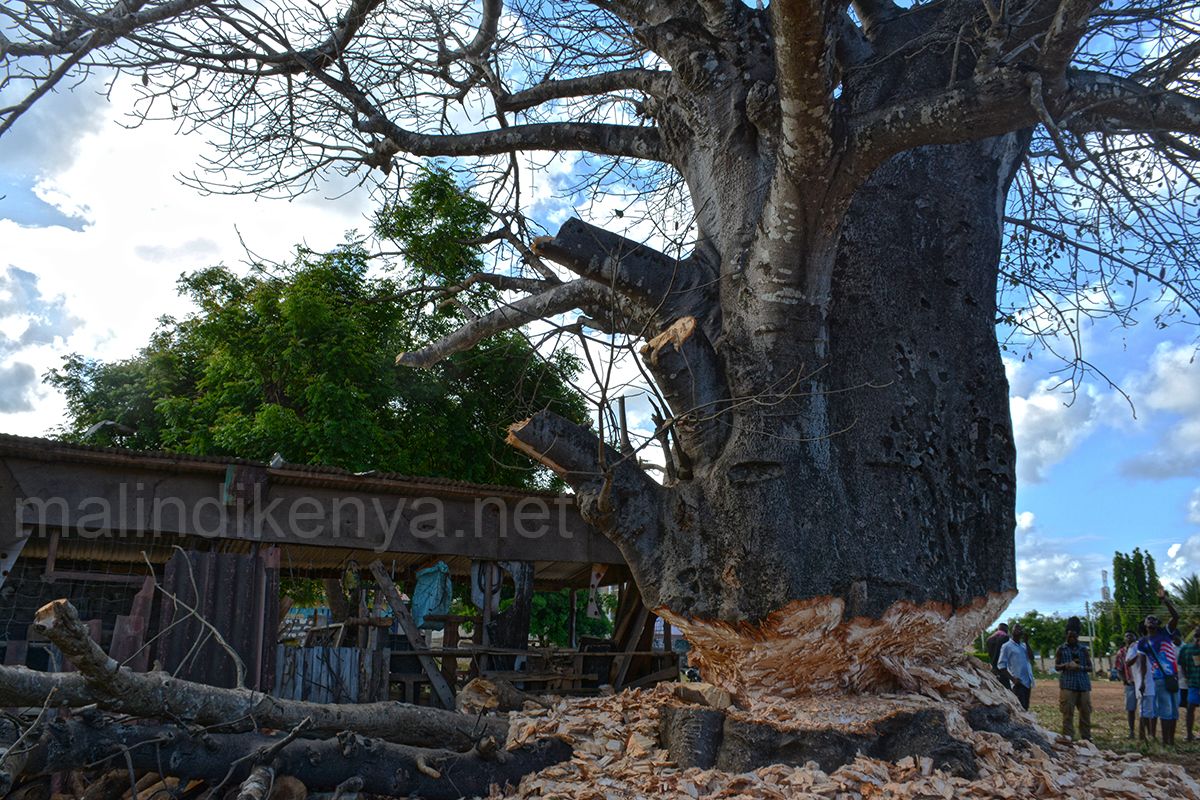
On the coast of Kenya there is a silent, daily crime that does not concern mankind and is not linked to any misfortune rained down from above, nor to laboratory tests gone wrong or to a carpaccio of infected animals.
Every day now a millenary baobab is killed, one of the symbols of this land, a rich and sacred plant for the Mijikenda ethnic group and wonderful in the eyes of those who frequent Kenya.
A plant whose seeds produce such curative fruits that they are real aspirins and make the poor children of the village grow healthy and strong despite the lack of food.
A plant whose wood, moreover, has no practical uses and which is called "mzee", the village elder, precisely because it often delimits an inhabited area and tells the story of the life of a community.
This is why the Mijikenda believe that the baobab gathers the souls of their ancestors and all the legends handed down orally, that it is the guardian of history and culture, and that its ancient roots are a symbol of this people's attachment to their land, the only true resource of their life over time.
Until a few years ago, when building speculation on the coast had not yet passed the guard level, hardly anyone dared to knock down a baobab. For some time now the massacre has been going on, with axes or electric saws, without anyone being able to stop this havoc.
Yesterday Malindikenya.net was in the populous suburb of Kwachocha to try, with the community in the area, to stop yet another crime against Nature.
The baobab of the Kwachocha football pitch is already over a thousand years old, the legends of the local elders and their experience in counting the "wrinkles" tell that it has six thousand.
What matters is that, hopefully not too late, the owner of the land where the baobab has always been, has been stopped.
"The survival of this symbol of our tradition and Nature must become an example for many other abuses of this kind", explains Katoi Wa Tabaka, musician and cultural operator, "we need the help of the whole community and environmental associations, as well as institutions to find the effective and executive way to prevent the felling of secular and sacred plants".
Today there will be a meeting and it will be necessary to establish whether the permits he says he has in his hand are valid. There is no real law forbidding the felling of centuries-old plants, but it is possible to declare baobabs as karst phenomena, caves or old ruins, national monuments and protect them or at least avoid their destruction.
At this point the Kwachoca baobab could become a symbol of this battle.
We will soon update you on the operation.
ENVIRONMENT
by Freddie del Curatolo

That we wouldn't make it was almost written.
Only a...
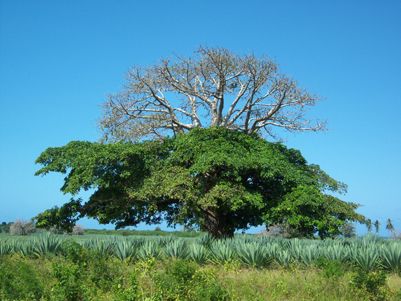
The world begins to discover the amazing properties of the African tree par excellence, the baobab.
The thousand-year-old ...
FREDDIE'S CORNER
by Freddie del Curatolo
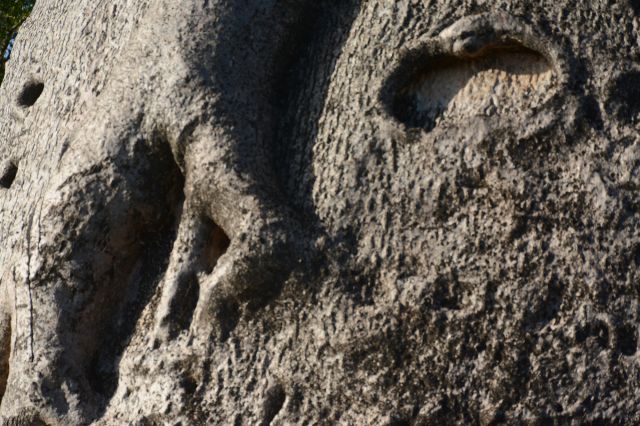
Western man is a peculiar animal, because he is capable of not believing what he...
NEWS
by redazione

Something serious seems to move in slow but inexorable journey toward hope the new international airport in Malindi and the lengthening of the runway to accommodate flights from abroad. Yesterday,
ENVIRONMENT
by Freddie del Curatolo

It was a day of great symbolic value for an entire community in one of the most densely populated...
NEWS
by Freddie del Curatolo

Kenya's baobabs are inevitably destined to disappear unless the new government takes timely and necessary countermeasures...
NEWS
by redazione
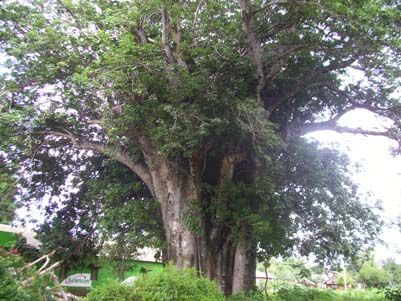
A sigh of relief for the many Malindians who still believe in legends and who do not want baobabs, representing the souls of dear dead, to be cut off.
Malindi's "talking" baobab, Mbuyu Wa Kusema, will not be cut to...
NEWS
by redazione
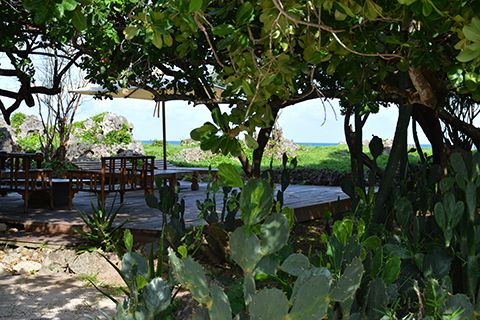
We are confident that Kenya's baobabs and neems have also cried the disappearance of Maurice Méssegué, the "daddy of plants" as was universally appealed.
The great French naturalist, writer and phytotherapist turned 95 in France, but left a great legacy...
EDITORIAL
by Freddie del Curatolo
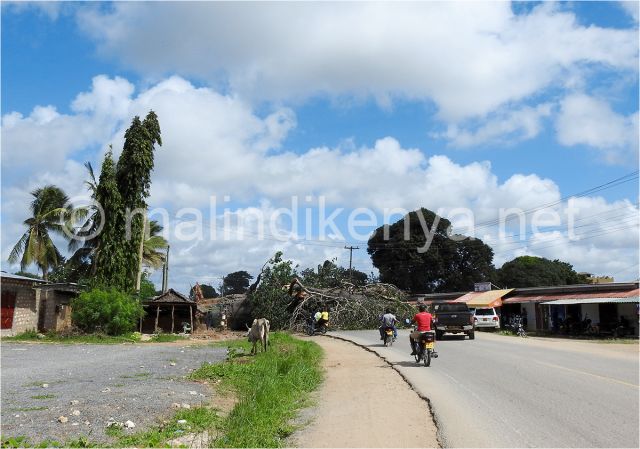
The news is that on Friday evening a giant, centuries-old baobab tree fell on the outskirts of the...
ENVIRONMENT
by Leni Frau

Perhaps we have not struggled in vain. And we are not just talking about us, small and uninfluential foreign...
PERSONS
by Freddie del Curatolo
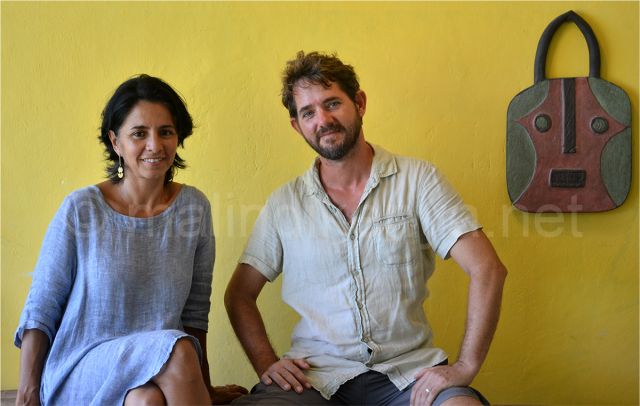
There are so many resources that Africa's most iconographic plant can boast: from the use of the seeds as a...